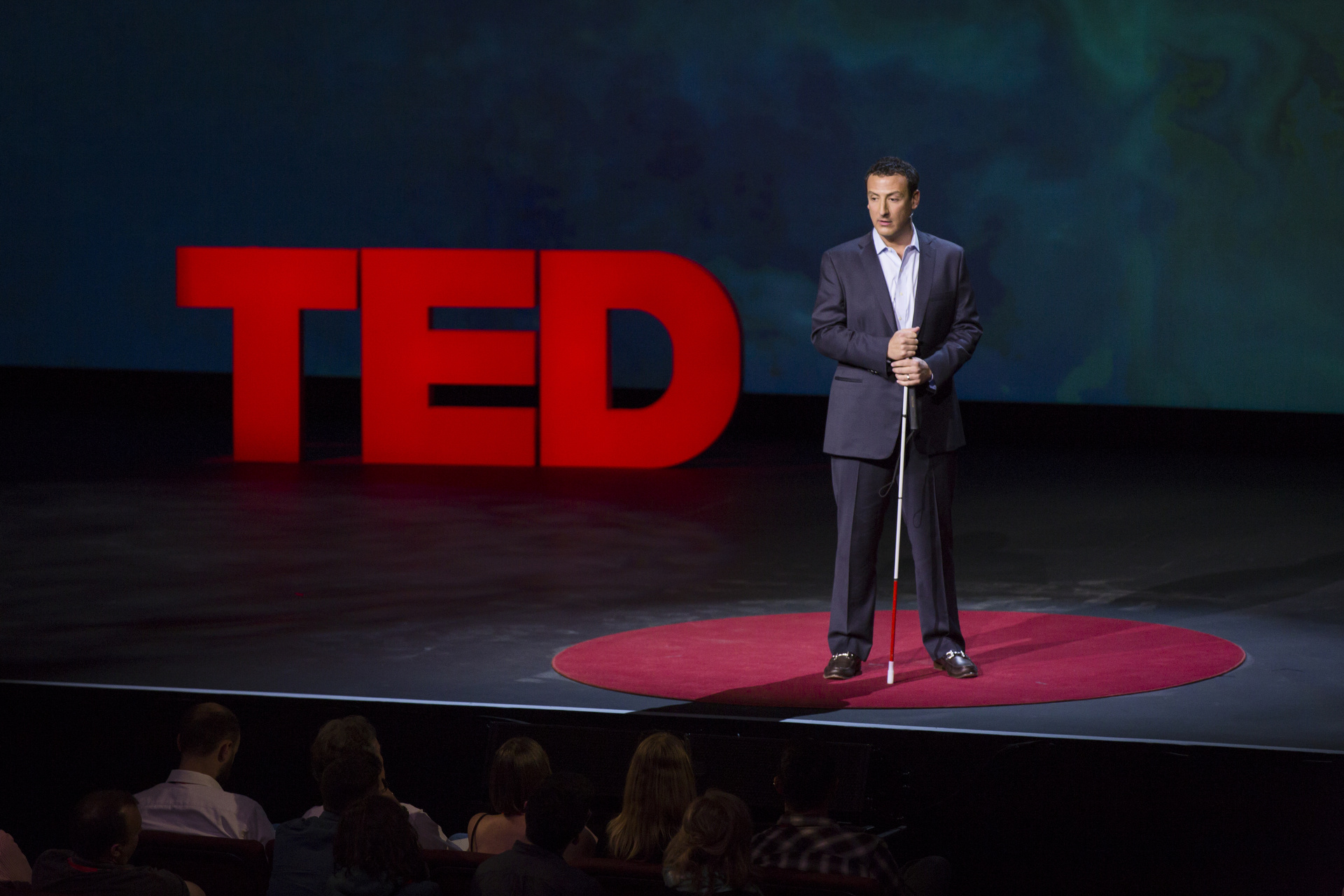On my podcast, I often ask my guests about their process for honing their presentation skills. How much do they practice? How many times do they rehearse their presentation before they go on stage?
What I’ve found is that there’s no one answer to the question “how many times do you need to practice a presentation.” Everyone’s different, but their answers might surprise you.
Issac Lidsky practiced his speech What Reality Are You Creating for Yourself over 1000 times. That’s roughly 191 hours of practice for his 11.5 minute speech.

Jill Sherer-Murray practiced her speech, the Unstoppable Power of Letting Go over 600 times. That’s 115 hours of practice.
Both Issac and Jill practiced more than you probably expected.
Was it too much? Definitely not. Watch their TED talks and you’ll agree that both of their talks were inspiring and memorable. Their confidence radiated while they shared their stories.
Jill and Issac both received standing ovations at the end of their talks. Millions of people have watched them. All the practice was worth it.
How many times should you practice your speech?
Of course, not every talk is a TED talk. The reason why Issac and Jill devoted so many hours to practice is because they knew that their eleven minutes on stage could easily change the trajectory of their career.
But even if you’re not booked to give a high-profile talk like these, you probably do need to practice your speech more times than you think you do. A general rule of thumb is that you should practice for at least 30 hours. So, if you’ve written a 60-minute keynote speech you should aim to practice it at least 30 times. You should practice a 30-minute presentation at least 60 times, giving yourself 30 total hours of practice. It’s not a magic number, though—how well you practice matters a lot more than the number of times you do it. Longer presentations, of course, take more time to perfect than short ones.
If you can, try to practice your speech 2 to 3 times per day over the course of a few weeks. Spreading out your practice sessions (rather than trying to cram it all in over one weekend) helps to embed your presentation to memory more effectively and efficiently.
It’s tough not to be nervous before your presentation. Those first few minutes on stage are nerve-wracking. Practicing helps to calm your presentation nerves. You’ll stand on stage knowing your speech inside out, with full confidence words will flow without having to think too much about them.
There’s no need to practice your speech from start to finish every time. I tell my clients that once they know their presentation fairly well they should just practice the parts of the speech that cause them to stumble. Practicing a presentation in its entirety is onerous. Practicing just the tough bits saves time and gives you more value from the time you have.
As event day draws near, put all the pieces together. Practice from start to finish until you can’t stand the sound of your voice anymore. And then a few more times.
Remember, it’s just just the words of the presentation that should be practiced. It’s also the delivery. Especially in those final weeks and days before the event, make your rehearsals as “real life” as possible, and practice how you make eye contact with your audience, what body language and gestures you’ll use, and what tone of voice is appropriate to give emphasis where needed.
If you find it motivating or encouraging, count how many times you practice, just like Issac and Jill did.
“I was preparing for four presentations and although already comfortable with speaking in front of an audience, I was looking to hone my skills. We worked through all of the presentations together and I felt confident and prepared as I delivered them.“
(info on public speaking coaching package)
When (and How) Do Expert Public Speakers Practice?
Jill practiced her presentation in the shower, on the road, walking her dog, in a yoga class, and at a university. Nearly 500 of Issac’s 1000 practice sessions were for his wife. (The woman is a saint.)
It is important to find someone you can trust that will give you honest presentation feedback. “It was good” isn’t good enough. It’s best to find someone with expertise in rhetoric, communication, influence, and persuasion.
An executive speaker coach like myself can help you. I work with clients to help them develop, practice, and deliver bold speeches that influence and engage.
Get in touch … I’d love to show you how.


